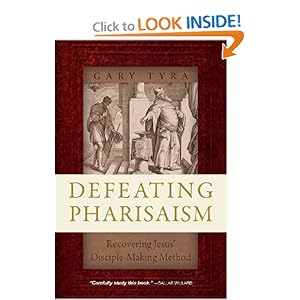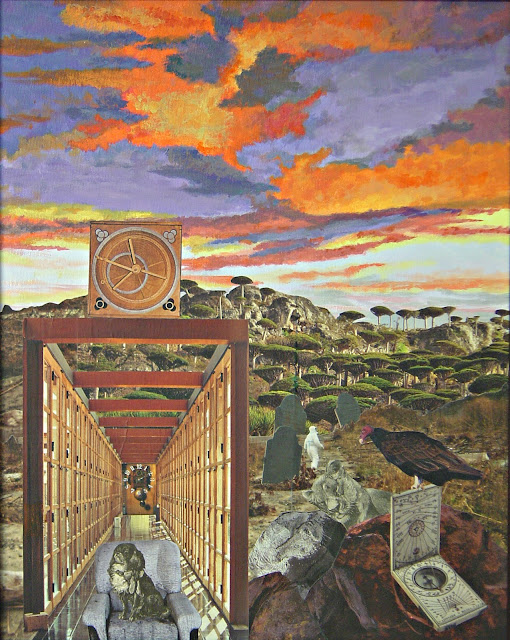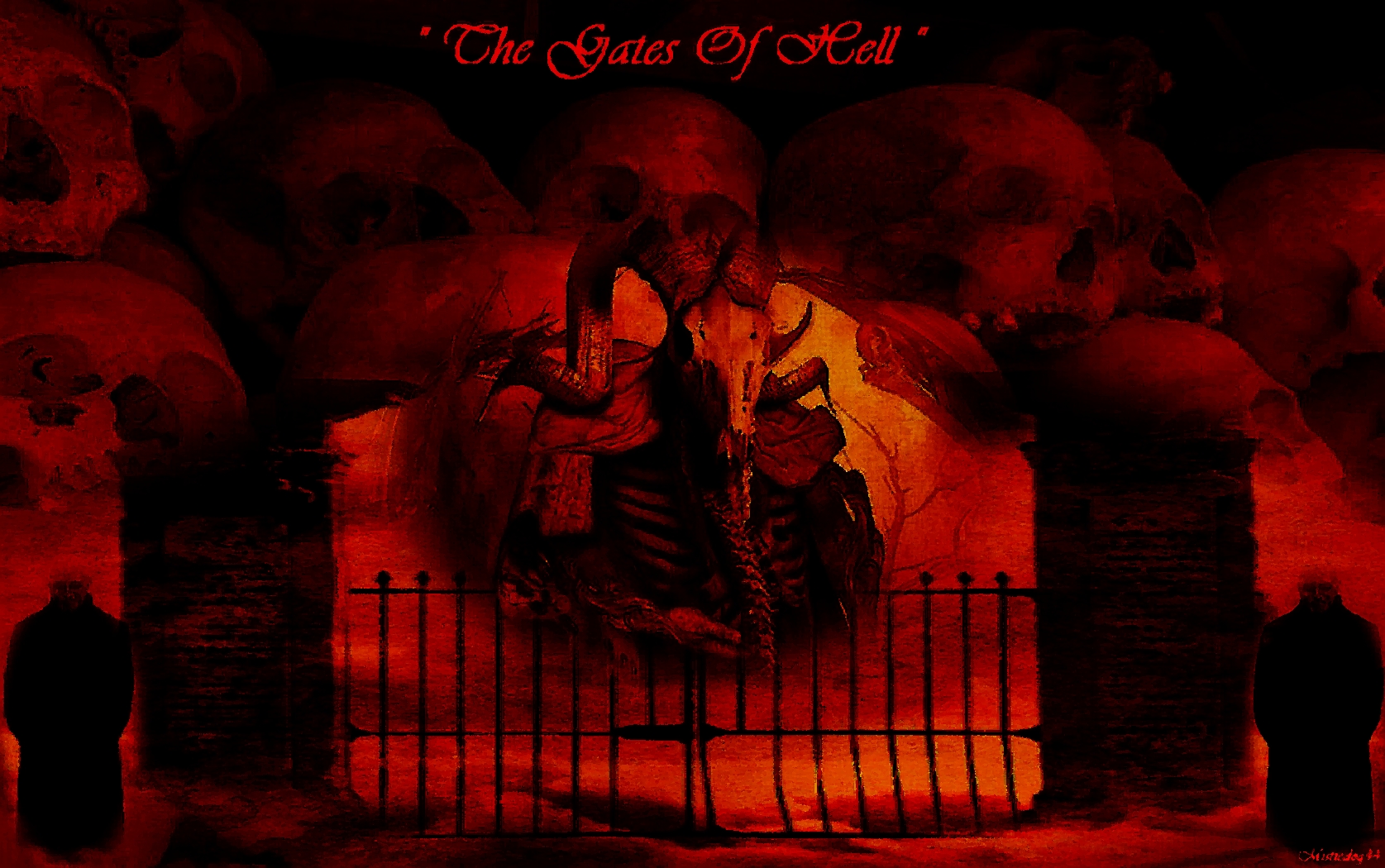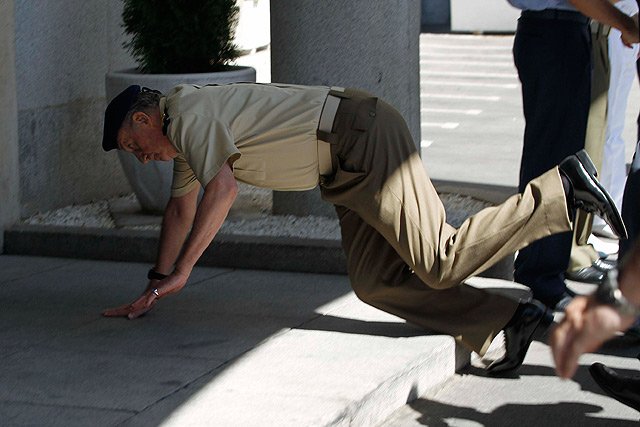
From Al Mohler: Fred Craddock, among the most influential figures in recent homiletic thought, famously describes today’s preacher “as one without authority.”
His portrait of the preacher’s predicament is haunting: “The old thunderbolts rust in the attic while the minister tries to lead his people through the morass of relativities and proximate possibilities.”
“No longer can the preacher presuppose the general recognition of his authority as a clergyman, or the authority of his institution, or the authority of Scripture,” Craddock argues.
Summarizing the predicament of the postmodern preacher, he relates that the preacher “seriously asks himself whether he should continue to serve up monologue in a dialogical world.”









